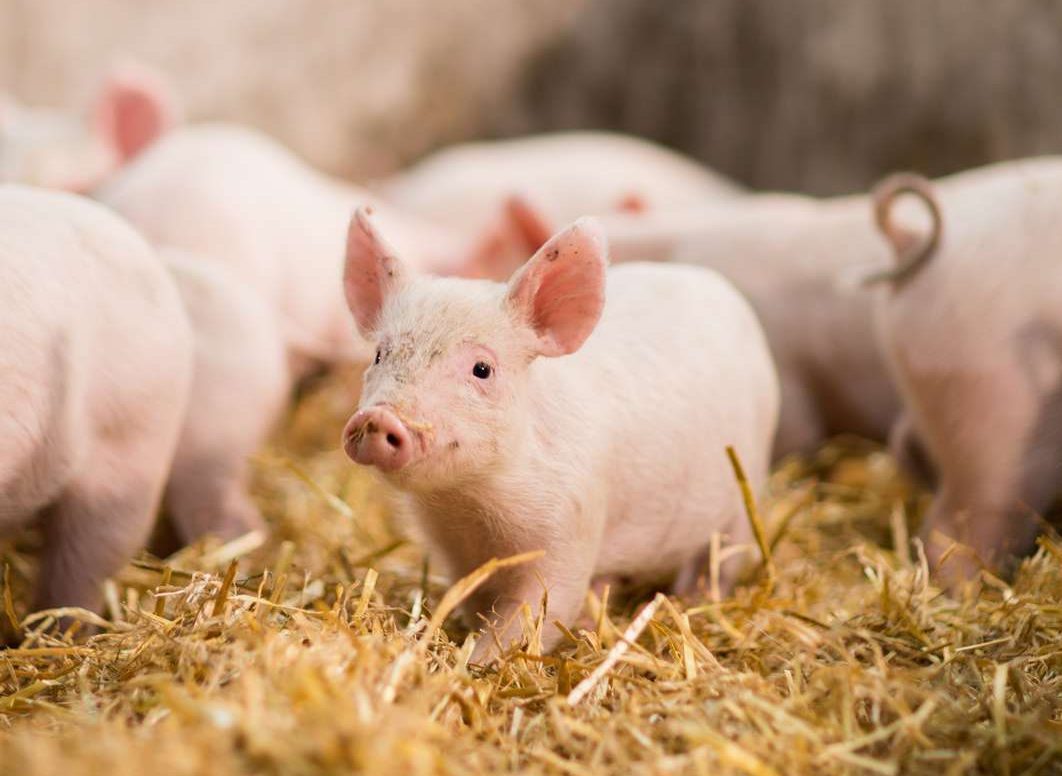Biosensor to reduce routine antibiotic use
Just-weaned piglets have an immature immune system that leaves them highly susceptible to diarrhea. To treat and prevent the problem, farmers traditionally turn to antibiotics – an expensive practice that may not always be necessary.
Part of the explanation for this routine antibiotic use is that farmers do not have time to follow the standard procedure for diagnosing disease, which is to send samples to a laboratory for analysis. Such a delay can lead to a higher mortality rate with associated losses in production.
Fast E.coli Detection
The Technical University of Denmark (DTU) is developing a biosensor to overcome this challenge. Based on nanotechnology, the sensor is designed to capture so-called virulence factors from E. coli bacteria, which kill more than a million piglets a year in Denmark alone.
Using this detection tool, farmers can quickly determine whether diarrhoea-provoking bacteria are to blame when piglets become sick.
Using this detection tool, farmers can quickly determine whether diarrhea-provoking bacteria are to blame when piglets become sick.
The ultimate goal is to reduce unnecessary antibiotic use, which contributes to the development of multi-resistant bacteria. At the same time, animal welfare and farm profits are both improved.
DTU is currently working with pig farmers to evaluate how the biosensor can be used to greatest benefit.


